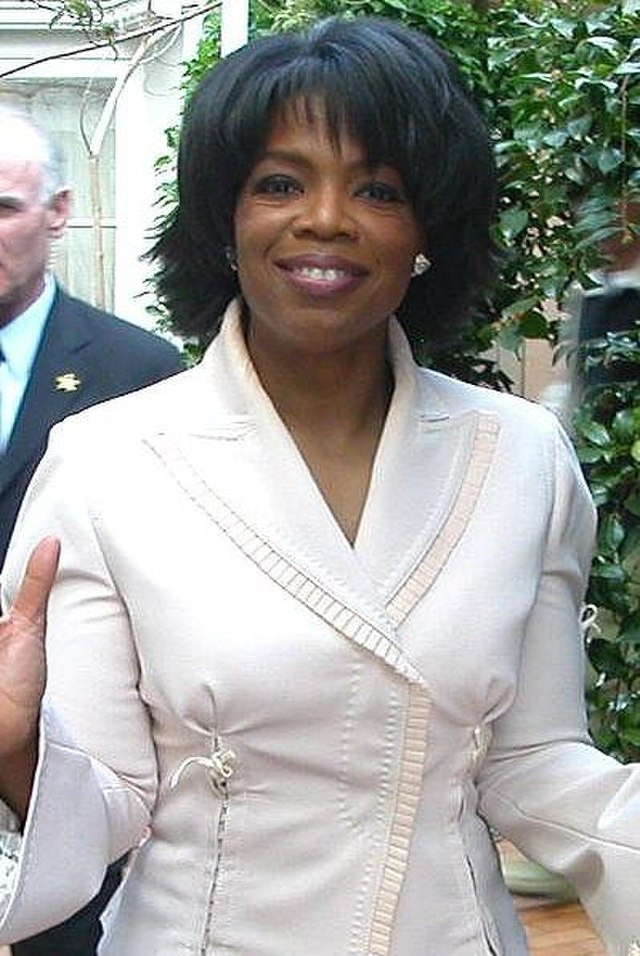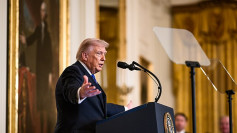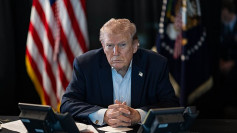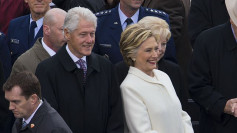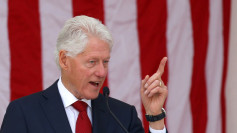Oprah Winfrey has publicly dismissed claims that she was paid $1 million to endorse Vice President Kamala Harris during the 2024 presidential campaign, amid a swirl of speculation surrounding the connection between Harpo Productions and Harris' high-profile media appearances.
Confronted by a paparazzo while out for a walk, Winfrey refuted the allegation, stating plainly, "Not true. I was paid nothing ever." Winfrey declined to respond to further political questions about the recent election cycle, including inquiries regarding public reactions to Donald Trump's White House victory and potential implications for Prince Harry's visa.
The controversy stems in part from reports that the Harris campaign paid $1 million to Winfrey's Harpo Productions for building a set used for the Vice President's interview on the popular "Call Her Daddy" podcast, which aired in October. The discussion with host Alex Cooper, filmed in a hotel room in Washington, D.C., reportedly focused on women's rights and reproductive health issues, major focal points of the 2024 election. Cooper stated that it was important to have Harris on the show due to the relevance of these topics, remarking, "At the end of the day, I couldn't see a world in which one of the main conversations of this election is women and I'm not a part of it."
Political strategist Brad Todd weighed in on Harris' campaign strategy, arguing that while appearances on popular media platforms can attract attention, they cannot solely drive a successful campaign. "Advertising is a pretty important source of information for swing voters. It no doubt matters, but it's not enough," Todd stated. He added that Harris' campaign faced challenges in effectively separating her platform from the unpopular aspects of the current administration. Todd's assessment underscores broader criticisms that Harris' media appearances, despite drawing significant visibility, were insufficient to sway key voters.
Winfrey's involvement extended beyond the podcast, as she spoke at a rally in Pennsylvania on November 4 to drum up support for Harris. "Every single vote, every one is going to matter," Winfrey urged. She warned of potential threats to future elections, citing remarks by Trump interpreted by some as suggesting that 2028 might not see a presidential vote. Trump later clarified these comments as an encouragement for Christians to vote in higher numbers.
The Harris campaign's approach, including appearances on popular shows like "The Shade Room" and "Call Her Daddy," aimed to court younger voters but ultimately failed to secure a victory in the 2024 election, with Trump projected to win both the popular and electoral vote. The costly campaign strategy and reports of significant financial outlays have drawn scrutiny, with critics questioning whether funds were well spent.
Brad Todd, speaking to the broader challenge faced by Harris, emphasized, "Money can't buy you love or a good candidate," a sentiment echoed by many political observers analyzing the election outcome. For Winfrey, the allegations of a lucrative endorsement payout highlight the complexities of her public support and the optics of her involvement in Harris' campaign efforts.
